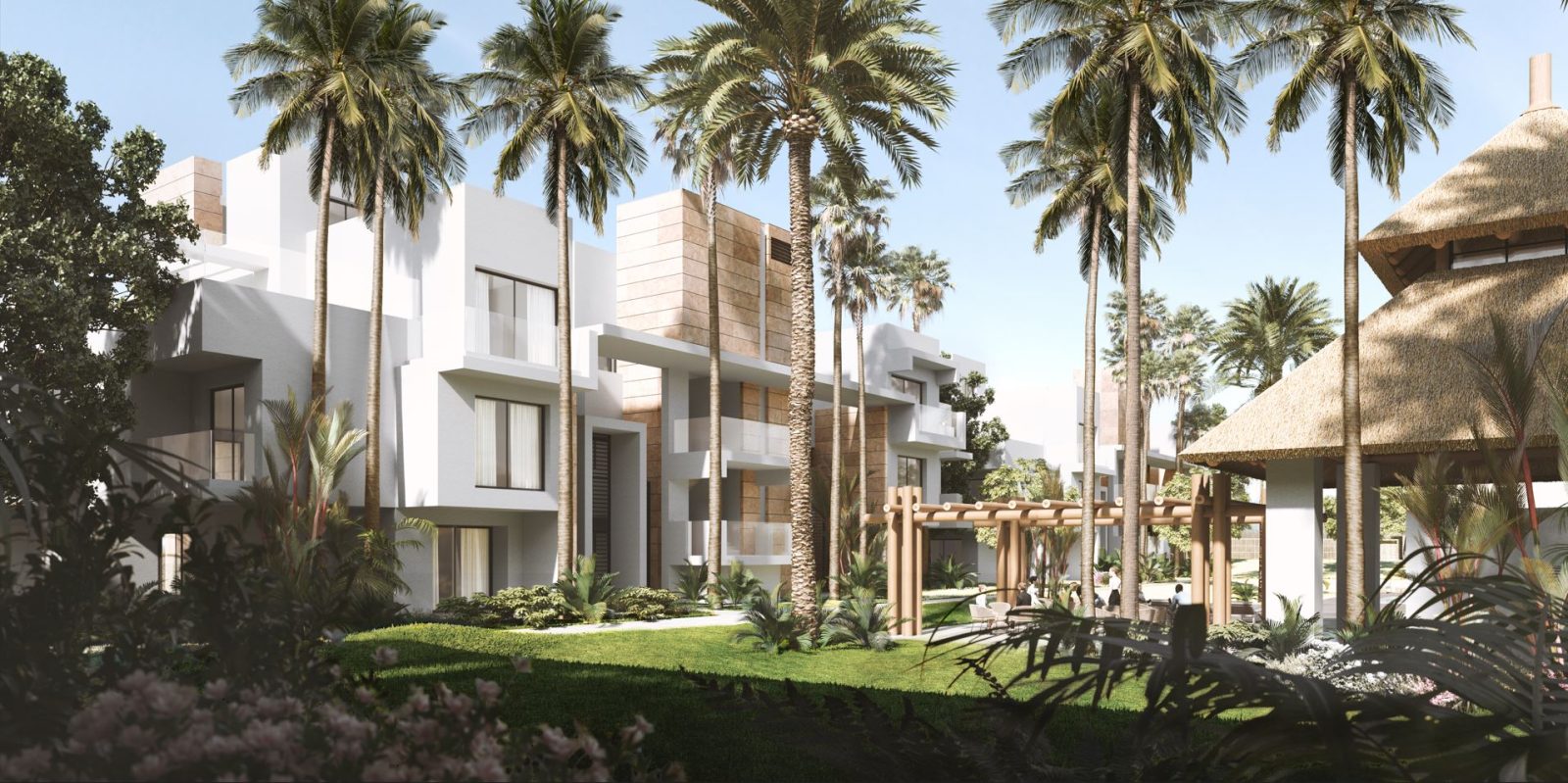In the evolving landscape of second homes, the trend toward greater integration of technology is revolutionizing the way homeowners experience and manage their retreats. The integration of smart home technology is not just a luxury, but a strategic improvement that goes beyond convenience, offering a comprehensive approach to comfort, security and sustainability.
Home Automation Systems: Smart home automation systems have evolved beyond basic programmable thermostats and lighting controls. In the modern second home, every aspect of daily life is seamlessly integrated. Homeowners can remotely control lighting, temperature, blinds, and even entertainment systems with the touch of a button or a voice command. Automation extends to daily routines, with the ability to preset scenarios for waking up, leaving the house, or coming home, creating an environment tailored to individual preferences.
- Convenience and Comfort: Home automation systems offer unprecedented convenience and comfort for homeowners in their second home. With the push of a button or a simple voice command, they can adjust the lighting, regulate the temperature, and even control entertainment systems. This seamless integration makes daily life in the second home more efficient and enjoyable.
- Remote Control and Accessibility: The ability to remotely control various aspects of the second home is an attractive benefit. Homeowners can operate the systems even when they are not on site, giving them flexibility and peace of mind regardless of their physical location.
- Safety: Home automation systems contribute to the safety of the second home. Advanced security features, such as smart locks, motion sensors and AI-enabled security cameras, provide real-time monitoring and protection. This increases the sense of security for homeowners, even if they are far from their second home.
- Energy efficiency: The integration of smart energy management systems contributes to more efficient use of energy in the second home. Homeowners can remotely control lighting and thermostat and optimize the home's energy performance, which is not only comfortable but also contributes to cost savings and sustainability.
- Personalization: The ability to set scenarios and routines, such as automatically adjusting lighting and temperature when waking up or coming home, allows homeowners to tailor the atmosphere of their second home to their personal preferences. This contributes to a pleasant and personalized living environment.
- Future-proof: Home automation is an investment in the future. As technology continually evolves, homeowners can upgrade their home automation systems and adapt them to the latest innovations, ensuring their second home is always equipped with the most advanced technology.
In combination, these benefits not only provide homeowners with a sophisticated and comfortable living environment, but also contribute to the value and attractiveness of their second home.
In the Costa del Sol region, the complex designated A06-0109 was one of the pioneers who recognized the emergence of this trend early on.

